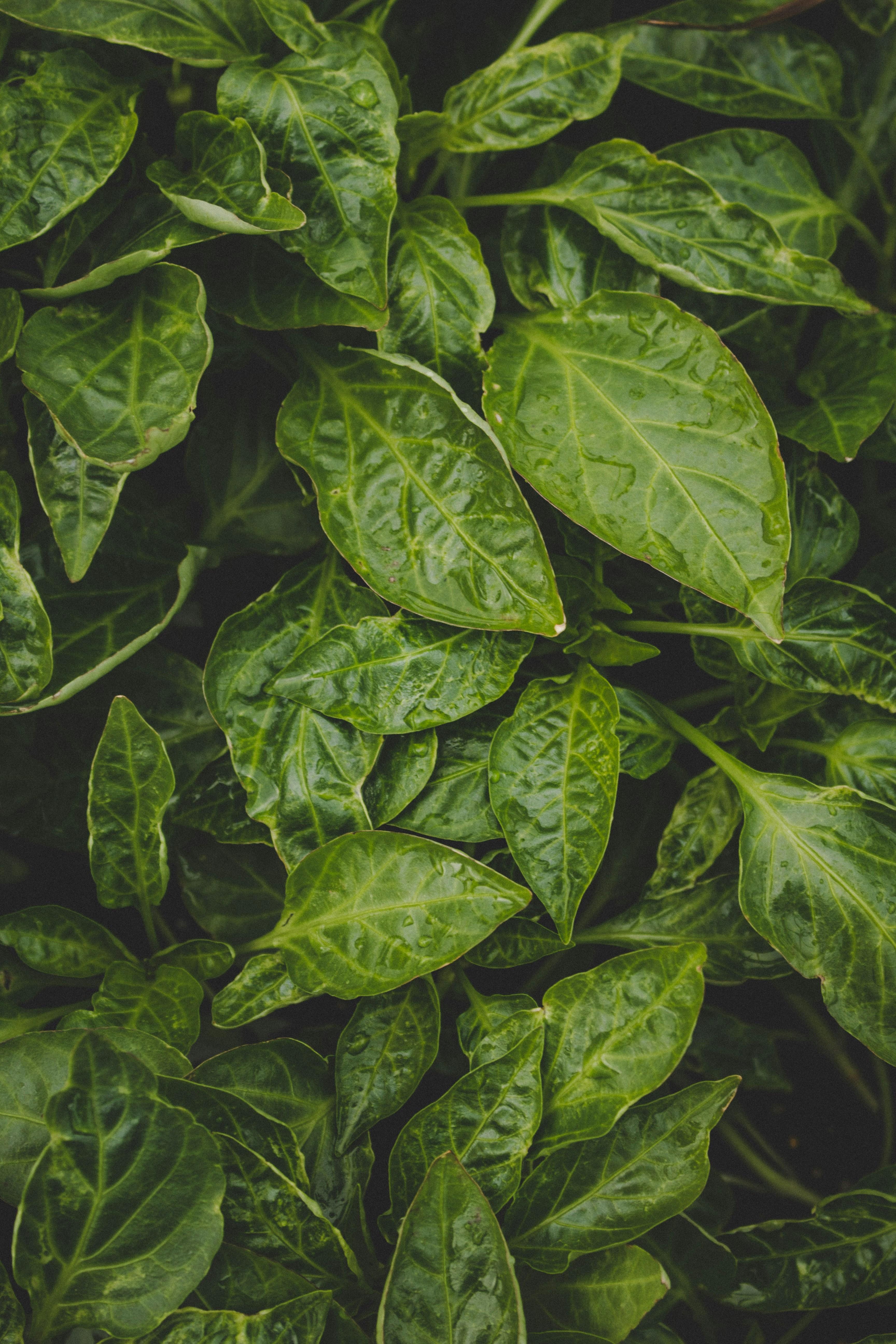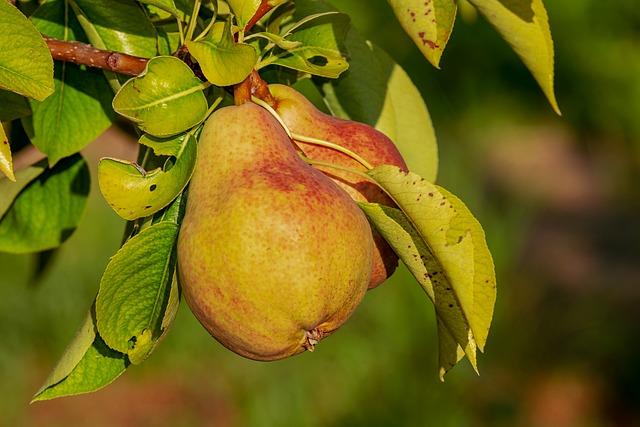In the ever-evolving world of health and wellness, the spotlight continually shifts to the most nutrient-rich foods that promise to invigorate our bodies and minds. As we embark on another year, it’s the perfect time to refresh our dietary habits and embrace ingredients that not only tantalize our taste buds but also nourish our well-being. This article delves into the top nutrient-packed foods you should consider adding to your diet, offering a blend of time-honored staples and exciting new discoveries. Whether you’re a culinary adventurer or a health enthusiast, these foods promise to enhance your meals and fortify your health, one delicious bite at a time.
Exploring the Power of Leafy Greens and Cruciferous Vegetables
Leafy greens and cruciferous vegetables are nutritional powerhouses that can transform your diet. Packed with essential vitamins, minerals, and antioxidants, these vegetables offer numerous health benefits. Kale, spinach, and Swiss chard are rich in vitamin K, which supports bone health and proper blood clotting. Meanwhile, broccoli, Brussels sprouts, and cauliflower are excellent sources of vitamin C and fiber, promoting a healthy immune system and digestion.
- Detoxification: Cruciferous vegetables contain compounds that support liver function and aid in detoxifying the body.
- Anti-inflammatory properties: Leafy greens are rich in antioxidants, which help reduce inflammation and protect against chronic diseases.
- Heart health: The high levels of potassium and magnesium in these vegetables help regulate blood pressure and maintain cardiovascular health.
Incorporating these vibrant vegetables into your meals can be as simple as adding a handful of spinach to your morning smoothie or roasting a medley of cruciferous veggies for a nutrient-dense side dish. The versatility and health benefits of these greens make them a must-have in your dietary routine.

The Magic of Berries and Their Antioxidant Benefits
Bursting with vibrant colors and packed with health-boosting properties, berries are nature’s little powerhouses. Rich in antioxidants, they help combat free radicals in the body, reducing inflammation and lowering the risk of chronic diseases. Whether it’s the deep blue of blueberries or the rich red of raspberries, these tiny fruits offer a plethora of benefits.
- Blueberries: Known for their high levels of vitamin C and K, these berries support immune health and bone strength.
- Strawberries: With their juicy sweetness, they are an excellent source of manganese and folate, essential for metabolic and cellular functions.
- Raspberries: Loaded with fiber, they promote digestive health while delivering a satisfying tartness.
- Blackberries: Rich in vitamins A and C, they contribute to skin health and vision improvement.
Incorporate these delightful fruits into your daily diet by adding them to smoothies, cereals, or simply enjoying them as a fresh snack. Your body—and taste buds—will thank you.
Nuts and Seeds: Tiny Powerhouses of Nutrition
Often underestimated, these small yet mighty ingredients are brimming with essential nutrients. They offer a rich source of healthy fats, protein, and fiber, making them perfect for a balanced diet. Incorporating a variety of nuts and seeds can elevate your meals while providing a host of health benefits. From boosting heart health to enhancing brain function, these nutritional powerhouses are versatile and easy to add to any dish.
- Almonds: High in vitamin E and magnesium, almonds are great for skin health and bone strength.
- Chia Seeds: Packed with omega-3 fatty acids and antioxidants, they are excellent for heart health.
- Walnuts: Known for their brain-boosting properties, walnuts are rich in DHA, a type of omega-3.
- Flaxseeds: Loaded with lignans, they may help reduce cancer risk and improve digestion.
- Pumpkin Seeds: A good source of zinc, these seeds can support immune function.

Embracing Whole Grains for a Balanced Diet
Incorporating whole grains into your daily meals is a delicious way to enhance your nutritional intake. Whole grains are packed with essential nutrients such as fiber, B vitamins, and antioxidants, which contribute to overall health and wellness. Unlike refined grains, which lose key nutrients during processing, whole grains retain all parts of the grain kernel, providing a richer source of nourishment.
- Quinoa: This versatile grain is a complete protein, containing all nine essential amino acids. It’s also high in fiber and rich in minerals like magnesium and iron.
- Oats: A breakfast favorite, oats are known for their heart-healthy benefits and high beta-glucan content, which helps lower cholesterol levels.
- Brown Rice: A staple in many cuisines, brown rice is a great source of manganese and selenium, offering a nutty flavor and chewy texture.
- Barley: Often overlooked, barley is incredibly high in fiber and can aid in digestion while keeping you full longer.
Experiment with these grains in your meals to enjoy their health benefits while adding variety to your diet. From breakfast bowls to hearty salads, whole grains offer endless culinary possibilities.





